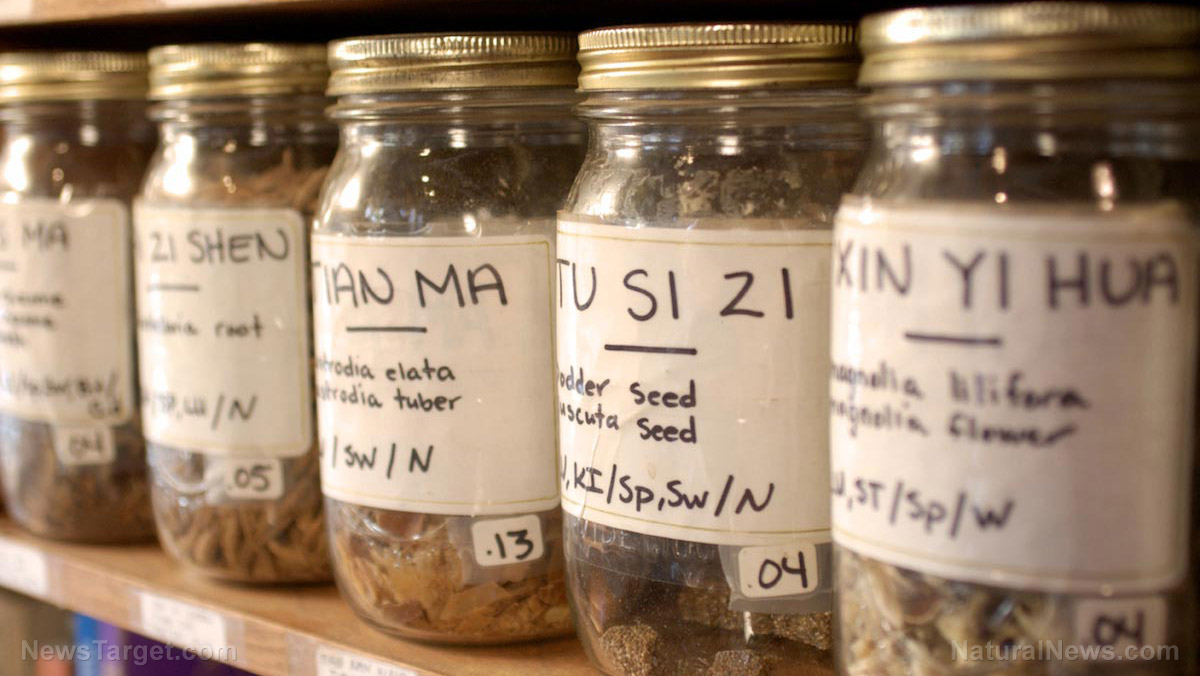Systematic review finds acupuncture to be highly effective at treating anxiety disorders
01/30/2019 / By Edsel Cook

Acupuncture and electroacupuncture have seen considerable testing and use in amending various kinds of anxiety disorders. A recent systematic review conducted by Portuguese researchers winnowed through these many clinical trials to determine the effectiveness of these modalities.
Anxiety-related disorders are some of the most common health issues that affect the brain. They comprise a very large percentage of the growing disease cases borne by global and public health institutions.
Chronic anxiety is arguably the most serious form of this mental health issue. But even the mildest cases of anxiety can develop into a far more severe form if it is not treated as soon as possible.
Conventional treatment for anxiety disorders relies on pharmacological treatment, psychotherapy sessions, or a combination of both. The most commonly used pharmaceutical drugs are benzodiazepines, which include diazepam (Valium).
However, both methods are considered to be less than effective in both the short and long term. Neither approach is able to alleviate the symptoms of chronic anxiety. They also suffer from considerable relapse rates. Finally, anti-anxiety drugs often display significant side effects. (Related: The science behind how lavender is relaxing.)
The scientific proof that acupuncture benefits anxious people
Many clinical tests have investigated the potential of traditional acupuncture and electroacupuncture in treating patients with anxiety disorders. These trials reported that both types of acupuncture can alleviate the symptoms of anxiety without causing serious side effects.
Researchers from the Instituto de Medicina Integrativa (IMI) sought out scientific evidence to support the expanded use of these traditional Chinese medical treatments. They decided to conduct a systematic review of scientific literature involving acupuncture.
In their study, the researchers gathered the published papers of clinical trials that used acupuncture or electroacupuncture to treat anxiety disorders. Controlled, randomized, and non-randomized trials were all included in the initial group of papers.
The researchers then set parameters that would determine if the paper should be included in the final list to be evaluated. They only accepted clinical trials that considered anxiety disorders to be the primary therapeutic target. If the trial consigned the effects of acupuncture on anxiety as a secondary measurement or in association with another disease or health condition, it was excluded from the list.
After obtaining relevant data from each paper, they implemented an exclusion and inclusion criteria. The parameters helped narrow down the papers to the most relevant representatives.
Multiple trials show that anxiety disorders can be improved by acupuncture treatment
The initial group comprised 1,135 different scientific papers. Each of these clinical trials set anxiety as their primary therapeutic target or one of their main targets.
After reviewing these papers, the authors ran them through the exclusion and inclusion criteria. They eventually came up with just 13 papers for the final analysis.
The authors graded these 13 studies according to their design, the methodology adopted by the presenters, and the quality of the research data. They found that the studies showed different scores in all three aspects.
Once they discussed and compared the data, the researchers concluded that acupuncture and electroacupuncture therapies are backed by a good amount of scientific evidence. Both therapies are considered to produce effective results in treating anxiety disorders with the added benefit of avoiding the side effects of conventional treatment with antidepressants.
They also recommended further research to supplement the data drawn from the 13 trials. The IMI researchers published their findings in the scientific journal Complementary Therapies in Clinical Practice.
Find out how acupuncture can help you overcome anxiety and other depressive disorders at Naturopathy.news.
Sources include:
Tagged Under: acupuncture, anxiety disorder, anxiety relief, cure for anxiety, electroacupuncture, traditional Chinese medicine



















